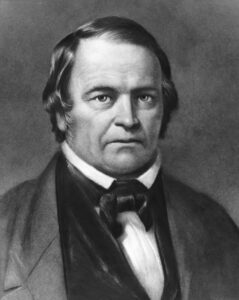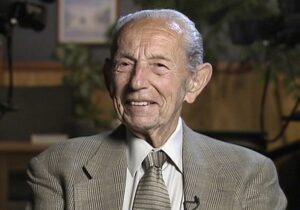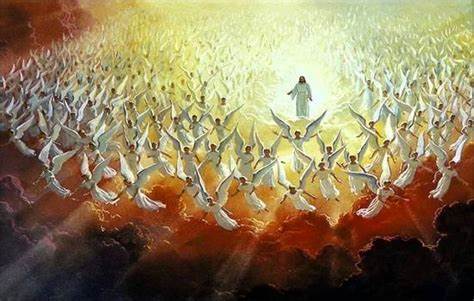Preaching about the Second Coming
Preaching About the Second Coming
 The next step in preaching doctrine is preaching about the second coming of Jesus Christ. The Apostles’ Creed say, “He shall come again to judge the living and the dead.” I’m going to leave off the theme of judgment until the next post. In this post we will explore a possible sermon about the return of Jesus.
The next step in preaching doctrine is preaching about the second coming of Jesus Christ. The Apostles’ Creed say, “He shall come again to judge the living and the dead.” I’m going to leave off the theme of judgment until the next post. In this post we will explore a possible sermon about the return of Jesus.
The Promise about the Second Coming of Jesus
When Jesus ascended into heaven, an angel gave the disciples a compelling message:
Acts 1:9-11
And after He had said these things, He was lifted up while they were looking on, and a cloud received Him out of their sight. And as they were gazing intently into the sky while He was going, behold, two men in white clothing stood beside them. They also said, “Men of Galilee, why do you stand looking into the sky? This Jesus, who has been taken up from you into heaven, will come in just the same way as you have watched Him go into heaven.”
In other words, God intended for the disciples to live and to fulfill their mission always with the expectation that Jesus would return. That anticipation has challenged believers for many years. When will it be? There have been many times in history when God’s people felt like it would be a good time for Jesus to come. It is one of the most powerful scenes in Fiddler on the Roof. The Russian rulers inform the people of Anatevka that they must leave their town. One young man asks the rabbi, “Wouldn’t this be a good time for the Messiah to come?”
I find myself thinking that way occasionally when I confront the evil and pain that characterize life on this fallen planet. So preaching about the second coming will be very appropriate and hopeful for your people.
An Introduction
A good way to start when preaching about the second coming is to give some examples of times people have tried to predict when Jesus was going to return. Here are some of them.
The Millerites

William Miller
The Millerites were the followers of the teachings of William Miller, who in 1831 first shared publicly his belief that the Second Advent of Jesus Christ would occur in roughly the year 1843–1844. Coming during the Second Great Awakening, his teachings spread widely and grew in popularity, which led to the event known as the Great Disappointment. His sincerity didn’t change the fact that he was wrong. You can learn more about him here for some great anecdotes for your message.
Camping
A man named Harold Camping started a similar movement back in the 1990’s. Here’s how AI defines this movement.

Harold Camping
Harold Camping, a Christian radio broadcaster and founder of Family Radio, famously predicted that Jesus would return on May 21, 2011. He claimed this date would mark the beginning of the Rapture, followed by five months of apocalyptic destruction, culminating in the end of the world on October 21, 2011.
>Camping based his prediction on a form of biblical numerology, believing he had uncovered a hidden code in Scripture that revealed the exact timing of the End Times. He was so convinced that he spent millions on a global advertising campaign to warn people2.
>This wasn’t his first attempt—he had previously predicted the end of the world in 1994, which also failed to materialize. After the 2011 prophecy didn’t come true, Camping admitted his error, calling the prediction “sinful” and acknowledging that no one can know the exact time of the end, citing Matthew 24:361.
I had three of Harold’s nephews in my congregation. One of them abandoned his business, and he and his wife went traveling around the world sharing the warning that Jesus was coming, and calling people to repent.
More to Come
In the next post we’ll look at the confession that Jesus is coming back to judge. In the meantime, consider this classic sermon of Billy Graham.



